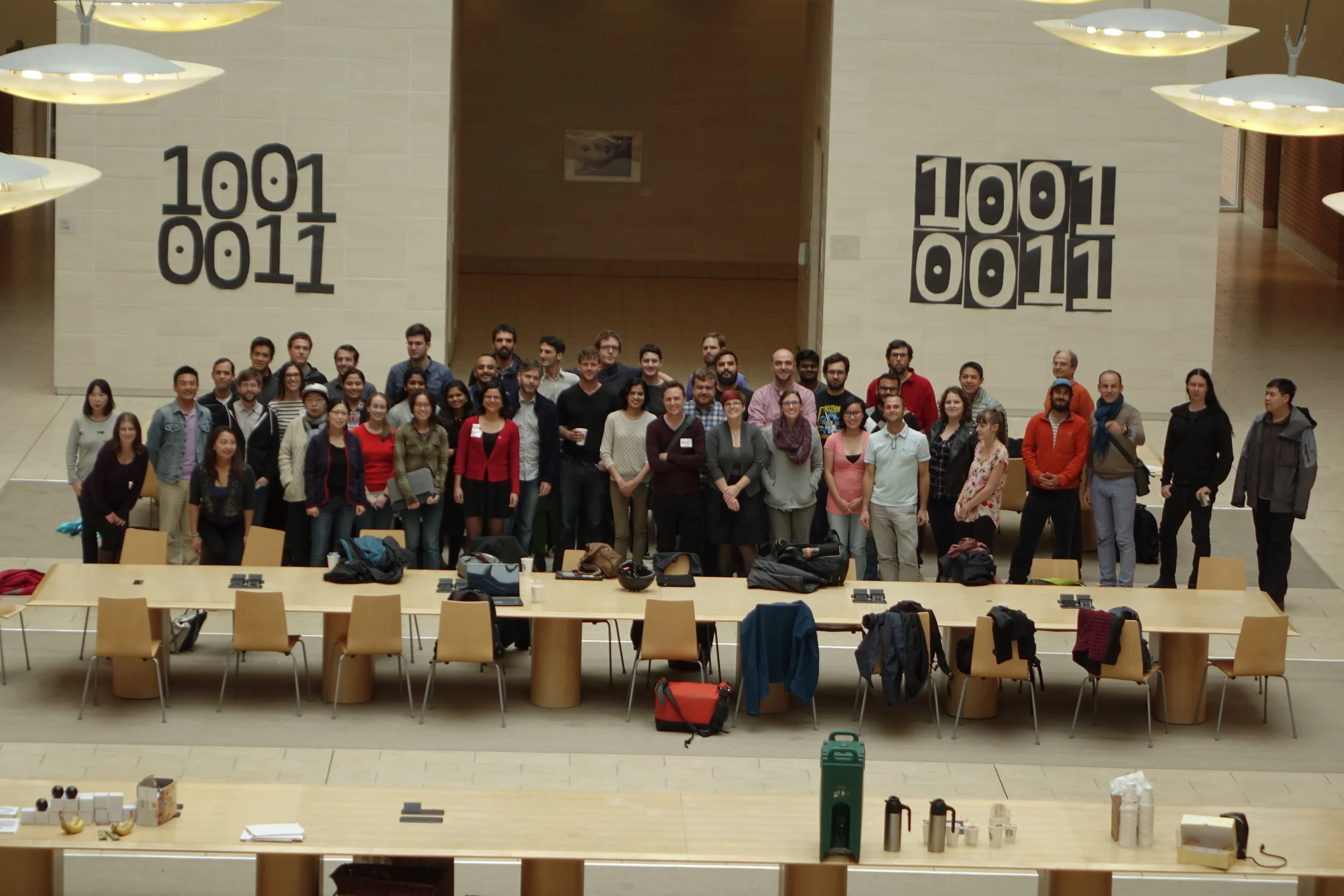
hackseq23
ಠ_ಠ soon…
+ The Serratus Project Nature paper
{ v.22.01.26 }
Team Serratus (hackseqRNA) published their work in [Nature]
Discovery of 130,000+ new RNA viruses from public seq-data
+ Team singlecellVR paper is out
{ v.21.10.28 }
The hackseq19 Team singlecellVR has [published their paper]
Explore single cell RNA-seq data in a new dimension.
+ bugSeq start-up + paper
{ v.21.03.25 }
The hackseq19’s bugSeq [published in BMC Bioinformatics]
A cloud-based NanoPore pathogen detection platform
+ hackseqRNA was epic.
Our most ambitious hackathon to date. We teamed up with the international 25th RNA Society Meeting to bring together world-class RNA computational biologists.
With COVID-19 this digital hackathon helped RNA-biologists pivot and contribute to the ongoing global health crisis.
+ hackseq19 was a great success!
Over 100 people participated to work on 15 exciting projects, ranging from single-cell virtual reality to predicting strains of Influenza.
Congratulations to team BiocSwirl() for winning the people’s choice award! Lisa Cao’s team stole the show with their unique bioinformatics tutorials.
We have some exciting events planned for 2020, stay up to date on twitter and our mailing list!
+ Team XYalign’s paper is published
{ v.19.17.09 }
The hackseq16 Team XYalign has [published their research project!]
Facilitate the correct inference of sex chromosomes from NGS data
+ The Hackathon-driven tutorial development paper is published
{ v.18.12.24 }
The hackseq17 Team on Advanced R Tutorials for Genomic Data Analysis has [published a research article on tutorial development in the conxtext of hackathons].
+ hackseq18 was a smash!
80 people joined up to tackle 8 innovative projects, ranging from Abomination Assemblers to the Viral Deep Seas.
When the dust settled, Team beRi were awarded this year’s winner and claim the title of
bio-hackers supreme.David Guo stole our hearts, winning the #BioHaiku Contest amongst the 38 poetic entries.
+ Team bioSyntax's paper is published
{ v.18.08.22 }
The hackseq17 Team bioSyntax's [paper has been accepted for publication].
Improve the the bioinformatics user-experience with syntax highlighting.
+ hackseq17 was a global success!
Read the Ubyssey Feature on hackseq17
54 participants from 6 countries came together (locally and virtually!) for an intense 3 days of hacking away at genomics based problems.
Team bioSyntax took first place by popular vote, and Team gene-fusion detection toolkit was second overall.
+ hackseq16 was a riot!
The hackseq16 meeting report published on F1000
Catalyzing Bio+Informatics
We want to mix a diverse set of scientists to catalyze open & innovative solutions to today's biggest [*]omics problems.

FAQ
+ What's hackseq?
hackseq is a Vancouver-based hackathon focused on open [*]omics. We want to bring individuals with diverse backgrounds together to collaborate on scientific questions and problems.
Our philosophy is open-source, open-notebook, open science.
+ What's a Hackathon?
Hack-athon (noun): a software/hardware development ('hacking') marathon.Participants pitch their ideas, form teams and work together to find solutions before the deadline.At the end everyone shares their results and learns from each other.



